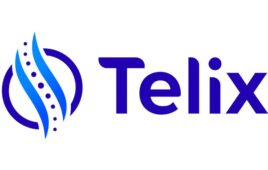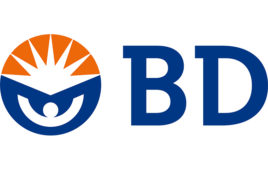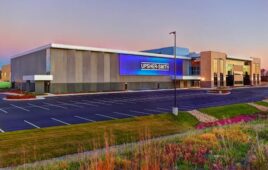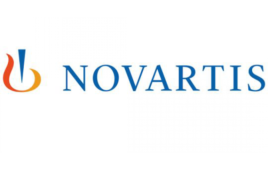Life Science Pharmaceuticals recently announced that it had completed an exclusive world-wide license to commercially develop three monoclonal antibodies which represent novel potential therapies for cancer and autoimmune diseases. Under the leadership of Dr. Lloyd J. Old, Senior Scientific Advisor to the company, LICR has performed the most comprehensive cancer cell surface mapping and targeting studies in the field. These studies have yielded a portfolio of well characterized and target-specific monoclonal antibodies. The selectivity of each product candidate has been validated in humans by demonstrating safety and targeting in clinical studies. The company plans to exploit the targeting attributes of certain product candidates by attaching tumor-fighting payloads to the antibodies.
The company’s lead product candidate, antibody 806 targets a unique epitope in the Epidermal Growth Factor Receptor (EGFR). This distinct target is present on cancer cells but not available on normal cells. Currently approved EGF targeting drugs Erbitux® and Tarceva® target the wild-type receptor which is also present in normal skin and liver cells. The Company believes the unique targeting attributes of 806 may represent a new paradigm of cancer treatment via the EGFR pathway.
The second antibody in the Company’s pipeline, targets FAP (fibroblast activating protein) present on the surface of tumor stroma cells. The company believes anti-FAP-alpha antibodies represent a significant market opportunity because they target the tumor micro-environment rather than the tumor itself. Thus, this antibody may benefit patients suffering with multiple types of solid tumors. A33, the third antibody acquired by the company targets colorectal cancer and is currently the focus of clinical trials at the Memorial Sloan Kettering Cancer Center and The LICR Melbourne Center for Clinical Studies.
“In one transaction, Life Science Pharmaceuticals has acquired a diverse portfolio of exciting clinical stage product candidates,” noted James Fiore, President and CEO of the Company. “We have also structured close collaborations with key scientific personnel at the Ludwig Institute, providing a smooth transition from academic to commercial development,” Mr. Fiore added.




